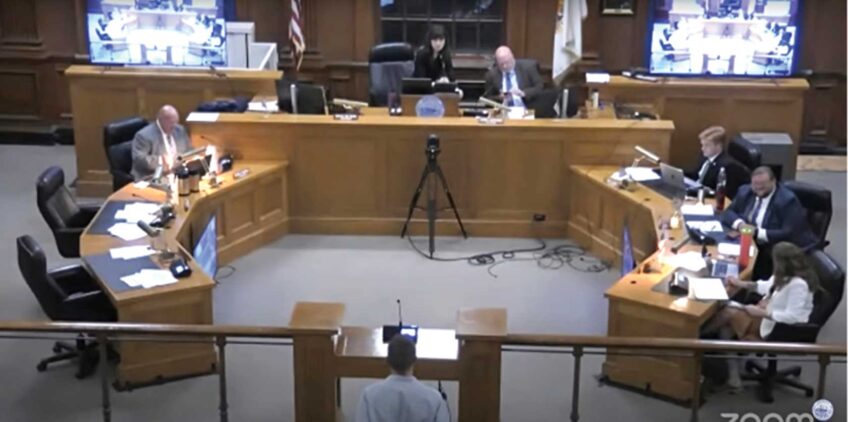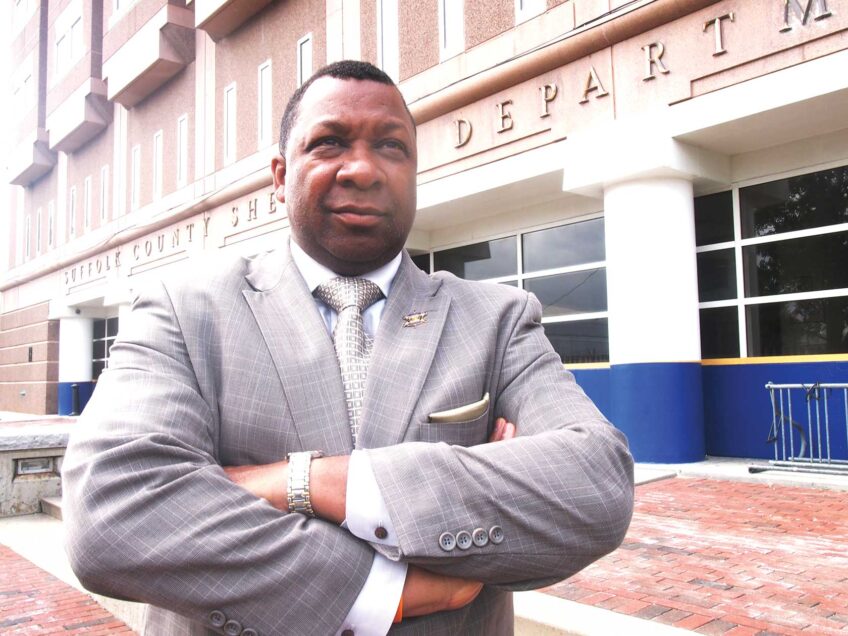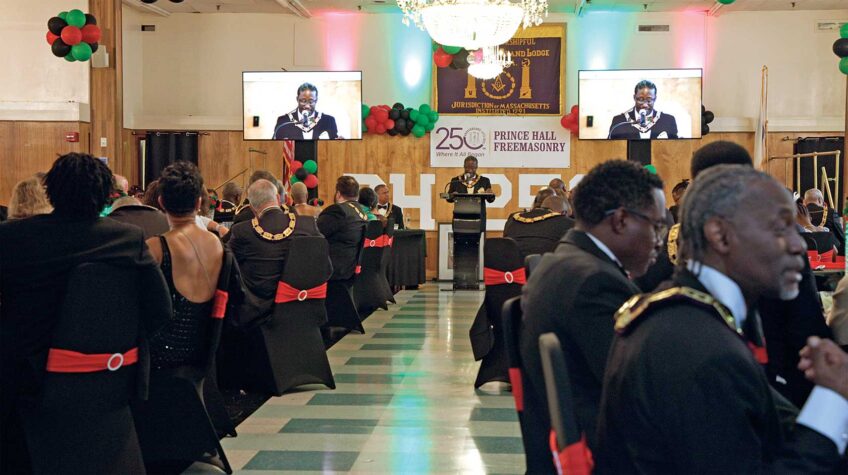After almost two years of pandemic uncertainty, vague communication and a revolving door of Boston School Committee member resignations, Governor Baker and his appointee Commissioner Jeff Riley have added a layer of stressful bullying by continuing to foster the idea of receivership for the Boston Public Schools. As though threatening state receivership was casual dinner conversation, board member Matt Hills brought up the topic at a Board of Elementary and Secondary Education meeting on Sept 21. Riley responded by saying, “It’s obviously not on the agenda today, and I hear your concerns. I would also say it’s a process we want to go through and to be continued.”
Baker’s and Riley’s relationship with BPS has been one of ongoing threats and bullying. Last year, as schools were scrambling to close for the impending pandemic, rather than find ways of supporting school districts as they prepared for the unknown, Baker and Riley decided to sink their teeth in with a vague memorandum of understanding for BPS just three days before the announcement of school closures.
Domingo Morel’s 2018 book, “Takeover: Race, Education and Democracy,” explores the history of state receivership laws and their impact across U.S. public school districts. Morel found that in communities with larger Black and Latino populations, the state was more likely to try to take over when communities of color began taking on leadership roles in the school committees and city councils. The education publication Chalkbeat interviewed Morel about the themes of his book, noting, “Predominantly Black school districts are more likely to be taken over, Morel documents, and those takeovers are more likely to fully remove the elected school board. He also finds that cities with a greater share of Black city council members are more likely to face takeovers, with state leaders arguing they must wrest control of chaotic local politics.”
Over the past election cycle, the Boston City Council saw an increase in Black and Latino leadership. Recently, Councilors Ricardo Arroyo and Julia Mejia filed a home-rule petition that would allow for a return to School Committee elections by 2026. This direct move to have Boston Public School families vote on their leadership is accompanied by a non-binding ballot question to support an elected School Committee that will be voted on in the Nov. 2 election. Boston is the only municipality in the state that has a mayor-appointed school committee.
Given Morel’s research on the patterns of receivership, it is no surprise that Baker and Riley would continue the quest for bullying Boston into state receivership. The three Massachusetts school districts under receivership currently are Southbridge, Holyoke and Lawrence. All of these districts have majority Latino immigrant student populations with large numbers of English learners, low-income students and students with disabilities. Lawrence is 94% Latino. All of these school districts have been under receivership since at least 2016, with Lawrence starting its receivership in 2012. None has made much progress under state control.
In Boston, two schools are under Riley’s receivership, the Dever and the Holland. The Dever Elementary School in Dorchester has remained under state receivership since 2014. Dever students are mostly Latino. Prior to the receivership, 37% of the teachers were Latino and the school had one of the city’s few dual-language programs in BPS. DESE created rotating leadership changes, with Riley himself in charge at one point. The Dever now has no dual-language program, and the proportion of Latino teachers has dropped to 15%. As part of the receivership, the Holland Elementary School was given over to the UP Academy charter management company, which made news for its high number of suspensions and extreme discipline policies.
While BPS has its fair share of issues, a Baker and Riley receivership would be far worse. What seems unimaginable, families would have even less input in decision making than with an appointed School Committee.
Ruby Reyes is director of the Boston Education Justice Alliance






